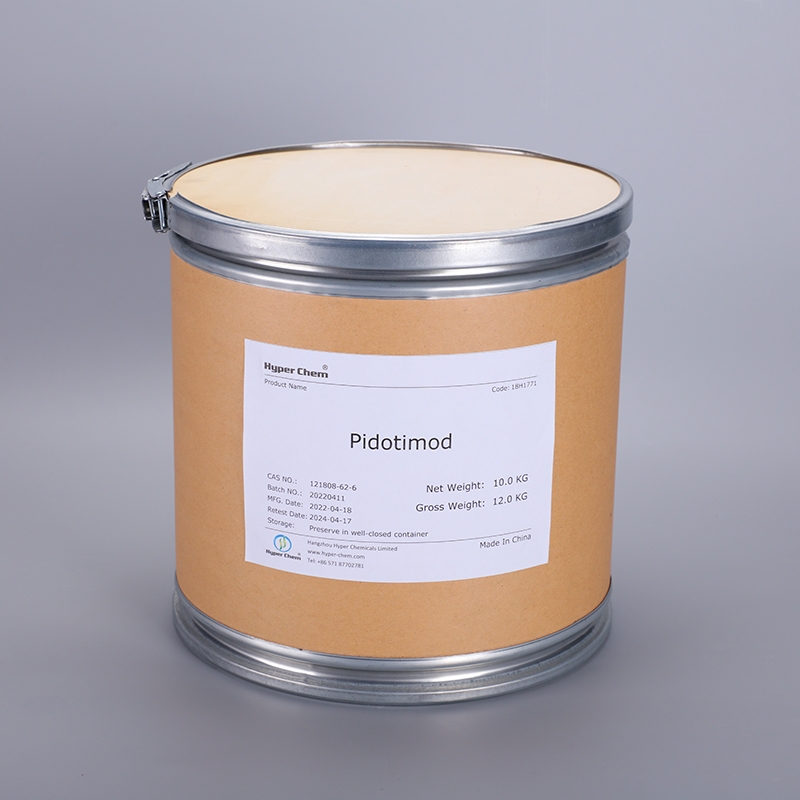-
Categories
-
Pharmaceutical Intermediates
-
Active Pharmaceutical Ingredients
-
Food Additives
- Industrial Coatings
- Agrochemicals
- Dyes and Pigments
- Surfactant
- Flavors and Fragrances
- Chemical Reagents
- Catalyst and Auxiliary
- Natural Products
- Inorganic Chemistry
-
Organic Chemistry
-
Biochemical Engineering
- Analytical Chemistry
-
Cosmetic Ingredient
- Water Treatment Chemical
-
Pharmaceutical Intermediates
Promotion
ECHEMI Mall
Wholesale
Weekly Price
Exhibition
News
-
Trade Service
▎Pfizer, the editor of WuXi AppTec's content team, announced today that the mRNA quadrivalent influenza vaccine jointly developed by the company and BioNTech has completed the first batch of adult volunteers in a phase 1 clinical trial
.
In addition to influenza, the company also plans to explore the application of mRNA in other respiratory viruses, including combination vaccines that can provide protection against multiple respiratory viruses
.
And will expand the application of mRNA technology in oncology and genetic diseases
.
Conventional seasonal influenza vaccines are generally made by growing the virus in chicken eggs or mammalian cells and inactivating them into vaccines
.
This process faces multiple challenges, including the immune response of the egg or mammal components in the vaccine, the inability to keep up with the changes in the virus strain, and the changes in the vaccine antigen during the production process
.
Because the vaccine strains need to be selected 6 months before the start of the northern hemisphere flu season, they may not necessarily match the virus strains that are actually circulating
.
Even if the vaccine strain is well matched with the circulating virus strain, the protection rate of the current seasonal vaccine against the circulating strain is usually 40% to 60%
.
Image source: 123RF mRNA-based influenza vaccine design only requires the gene sequence of the virus
.
The flexibility of mRNA technology and its rapid production may allow better virus strain matching, stronger supply reliability, and improved influenza vaccine effectiveness
.
In addition, in the case of pandemic influenza, mRNA technology can allow rapid and large-scale production of effective vaccines
.
"Since 2018, we have been committed to the development of potential mRNA influenza vaccines
.
" said Dr.
Kathrin U.
Jansen, Pfizer's head of vaccine research and development.
"Influenza is an area where we still need to improve vaccine efficacy.
We believe that mRNA is the answer to this challenge.
, The ideal technology to improve global health
.
"Reference: [1] Pfizer Starts Study of mRNA-Based Next Generation Flu Vaccine Program.
Retrieved September 27, 2021, from https:// /enDisclaimer: WuXi AppTec's content team focuses on introducing global biomedical health research progress
.
This article is for the purpose of information exchange only.
The opinions expressed in the article do not represent the position of WuXi AppTec, nor does it mean that WuXi AppTec supports or opposes the views in the article
.
This article is not a treatment recommendation either
.
If you need guidance on the treatment plan, please go to a regular hospital for treatment
.







